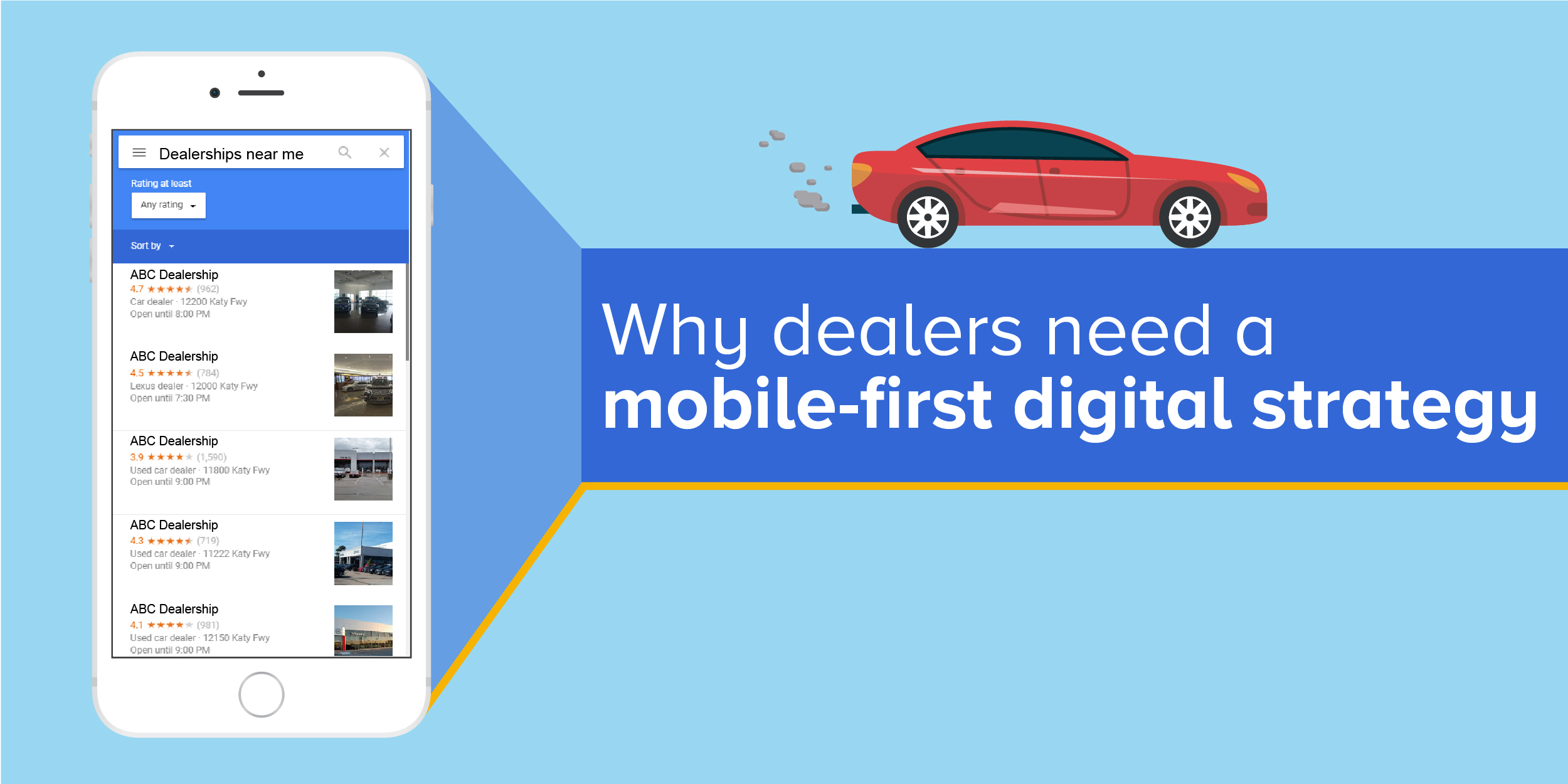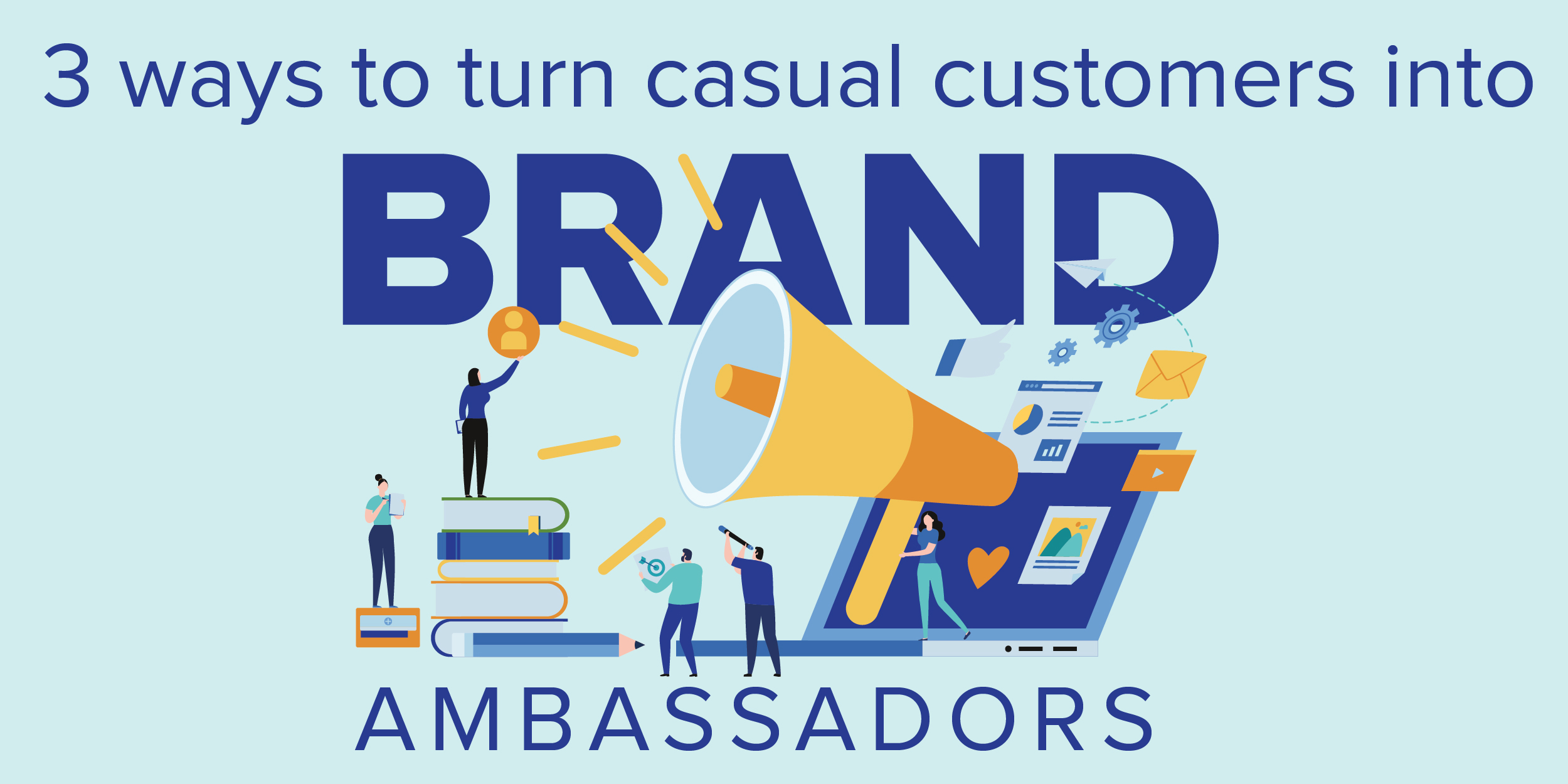Companies commonly hire for traditional diversity, but diversity of experience and thought are also important for success.
When they hear the term "diversity," most people think of gender or race – an understandable tendency, given the importance of both elements. Meanwhile, concepts like diversity of experience and diversity of industry are largely forgotten.
Companies often ignore the need to recruit individuals who might come in and change the way they operate simply because they want to preserve the status quo. But organizations cannot grow unless they bring in diverse viewpoints that promote innovation, bring in fresh perspectives, and improve decision-making. Business leaders must think differently about how they fill gaps in their companies, particularly because research from the ManpowerGroup suggests 45% of employers can't find employees with the necessary skills.
The world is always evolving, and a workforce that encompasses all aspects of diversity is what sets the most successful companies apart.
Skills to pay the bills
When there's an opening on a team, it's common for most candidates to have the skills necessary for the job. If all things are equal, hiring managers default to whichever candidate has the most relevant industry knowledge and experience. After all, they might reason, that's the kind of thing you simply can't teach.
Wrong.
It's often more valuable to consider candidates who have innate and transferable skills learned over time, such as leadership, being an agent of change, having a passion for learning new things and being a quick learner. It's relatively easy to teach a stellar candidate the industry knowledge he or she needs to function in a role. It's far more challenging – and takes a lot longer – to bring someone on board who has industry experience but lacks the innate leadership skills necessary to drive change.
People who are new to an industry aren't as likely to feel constrained by the standard practices to which everyone else adheres. They'll apply the lessons learned in their previous positions to their new sector, which can lead to surprising and impressive results. These candidates view everything from a fresh perspective and ask challenging questions to seek an understanding, which enables them to serve as catalysts for change. Industry disruption doesn't often come from within — it comes from outsiders who see a new way of tackling longstanding problems.
Granted, there are some potential downsides to hiring someone from a completely different industry. The learning curve can be longer, for instance. A smooth and well-planned onboarding process can overcome this hurdle, enabling new hires to make connections and soak up critical industry information.
It can also be more challenging to maintain long-term engagement. Once the initial thrill and novelty of a new industry wear off, some individuals lose interest in learning or stop seeking out opportunities to apply their diverse experiences in different ways.
It's also quite possible that existing employees will resent outsiders coming in and saying they're doing things wrong. Longtime employees may become more resistant to change, or they may shun newcomers and marginalize their ideas. It's important that current team members understand newcomers are not threats and that change isn't indicative of failure on anyone's part.
How to hire (successfully) outside your industry
Interested in going beyond your comfort zone and hiring people outside your industry? The following tips can get you started.
To read our tips on hiring the best candidates outside of your industry, please view the complete article on Business.com: Why You Should Hire People From Outside Your Industry

















